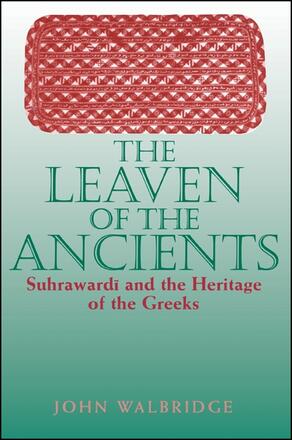
The Leaven of the Ancients
Suhrawardī and the Heritage of the Greeks
Provides an account of Islamic philosopher Suhrawardi's revival of Neoplatonism.
Description
The twelfth-century Persian philosopher Suhrawardī was the key figure in the transition of Islamic philosophy from the neo-Aristotelianism of Avicenna to the mystically oriented Islamic philosophy of later centuries. Suhrawardī's "Illuminationist" philosophy was a vigorous reassertion of Neoplatonism at a time when Sufism was becoming a major presence in Islamic thought and society.
This book traces the intellectual background of Suhrawardī's thought and of the Greek roots of non-Aristotelian philosophy in the Islamic world. Suhrawardī placed himself in an intellectual tradition that sprang from the "Ancients," the philosophical and mystical tradition of Hermes Trismegistus and his successors in both Greece and the Orient. The author argues that Suhrawardī typifies an approach to philosophy characteristic of Neoplatonism, in which Pythagoras is the key pre-Socratic, Plato is the central figure in the history of philosophy, Aristotle is respected but corrected by reference to Pythagoras and Plato, and philosophy is ultimately an eclectic revelation known symbolically by different nations. Mystical intuition is a key philosophical tool and symbolism is of particular importance.
The Leaven of the Ancients provides a translation of Suhrawardī's famous dream, in which Aristotle reveals the epistemological foundations of Suhrawardī's Illuminationist system. The book also analyzes the role played by Suhrawardī and his approach to philosophy in turning Islamic civilization away from physical science toward a subtle mystical psychology, thus offering a new explanation for the decline of science in Islam.
John Walbridge is Associate Professor in the Departments of Near Eastern Languages and Philosophy at Indiana University. He has published several books including The Science of Mystic Lights: Qutb al-Din Shirazi and the Illuminationist Tradition in Islamic Philosophy.
Reviews
"This is an original and provocative work in the area of Suhrawardian studies that challenges the existing interpretations of Suhrawardi's concept of the history of philosophy and offers an alternative perspective." -- Mehdi Aminrazavi, author of Suhrawardi and the School of Illumination